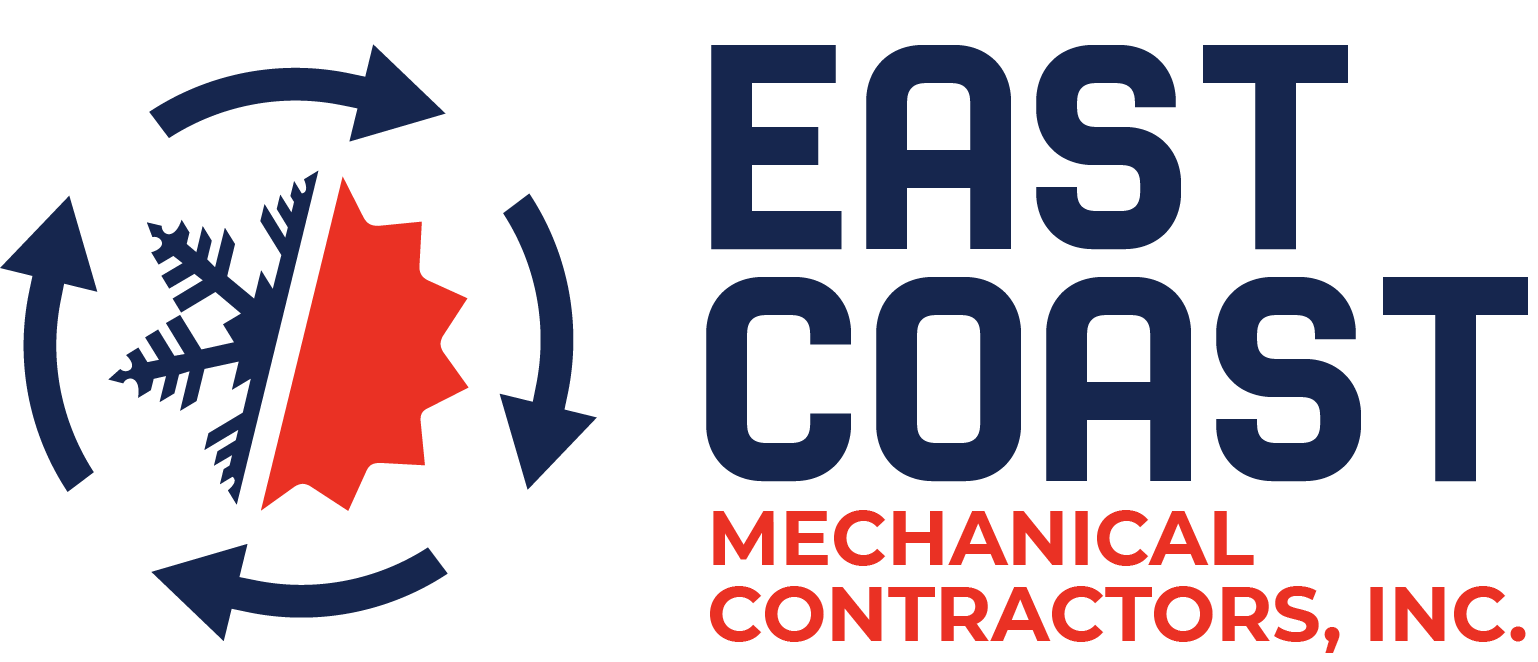As temperatures drop and nights get chilly, your heating system works to keep you and your family comfortable. Long winters increase the demand on your heating system. No one wants to awaken to an unheated home because the furnace was not serviced. Furnace should be serviced every year just before the beginning of winter. In a forced air system with air conditioning and heating (HVAC) system, servicing should be twice a year.
Funny Smells
At the beginning of the cold weather season when the heating system is first turned on, there may be a funny smell. It should dissipate within two hours. This is normal. Since dust and debris gets caught in the air filter, make sure to change the filter every 3 months or as recommended by the manufacturer.
If a burning smell persists more than two hours, it can be an electrical or mechanical problem requiring repair. Damaged parts usually smell like plastic or rubber burning. Ignoring these odors can cause a fire. Stale, musty smells could indicate the presence of biological growth from excess humidity in the system. A furnace inspection is warranted and placement of dehumidifier in the basement may be necessary.
Noises
Clanging, banging, and screeching noises may be predictors of trouble and require a heating professional to assess. Unusual noises can mean a part has worn down or loosened. Screeching can be a motor bearing that slipped out of place. Clanging can be a belt that may need replacing. Loud noises indicate a repair is needed, turn off the system and call for help from a professional heating specialist to avoid total failure.
Cold spots
When the heat is on, the warmth in the house should be evenly dispersed. Make sure the furniture is not blocking the vents and that all the vents are open. If cold spots are present in the home, it is a sign that the system is not heating efficiently. Delaying an assessment by a professional heating technician will cause costly repairs down the road and raise energy costs.
Seasonal maintenance will prolong the life of your HVAC system. Cold spots may indicate that the system placed in the home is the wrong system. The furnace may be struggling to distribute heat throughout the space. Constantly adjusting the thermostat or drafty rooms are another indicator that the furnace is not efficient. Additionally, the ductwork may be blocked or have airflow issues.
Poor Indoor Air Quality
More than two colds in a season, frequent coughing and sneezing indicate contaminants have infiltrated the heating system. Allergens, mold, dust, and mildew create a toxic home environment. Indoor pollutants can be eliminated by regular air filter changes. The blower motor is responsible for circulating conditioned air throughout the home year-round. When you set the fan to auto, your blower will only circulate when the furnace, air conditioner, heat pump, or air handler is running.
Short cycling
Short cycling occurs when the furnace turns on or off for short periods. This means the heat exchanger is malfunctioning. However, a heating system that operates constantly for long periods is a sign that a professional HVAC technician should inspect the system.
Pilot Light
A gas-powered furnace should have a blue flame pilot light. If the flame is red, orange, purple, or yellow then the furnace needs repair. Abnormal pilot light colors indicate rust or corrosion in the heating system and can release harmful substances into the home.
Cold Vents
The furnace is running with cold air is coming from the registers and vents, it may indicate an electrical problem. Make sure the heating system has its own circuit in the breaker box and that the circuit is turned on. If the system is receiving adequate power but not turning on, schedule a heating repair.
Energy Bills
Compare your energy usage with the previous year. It should be consistent. If the energy bills jump up, the system is not working properly. Average life expectancies of different HVAC systems: Air conditioners and heat pumps: 10 to 15 years, furnaces, or boilers: 15 to 20 years, and geothermal: 30 years.
Contact us
Email: ecmcecmc@aol.com
Address: 5133 W Hurley Pond Rd Suite A, Wall Township, NJ 07727
Phone: 800-300-ECMC or 732-751-8877
Hours:
Sunday Closed
Monday 8 am to 5 pm
Tuesday 8 am to 5 pm
Wednesday 8 am to 5 pm
Thursday 8 am to 5 pm
Friday 8 am to 5 pm
Saturday Closed

